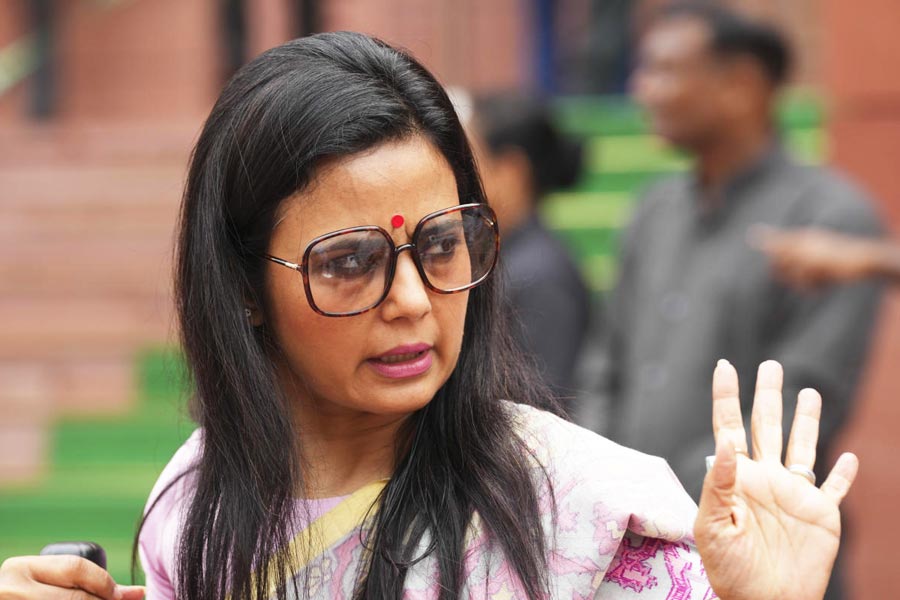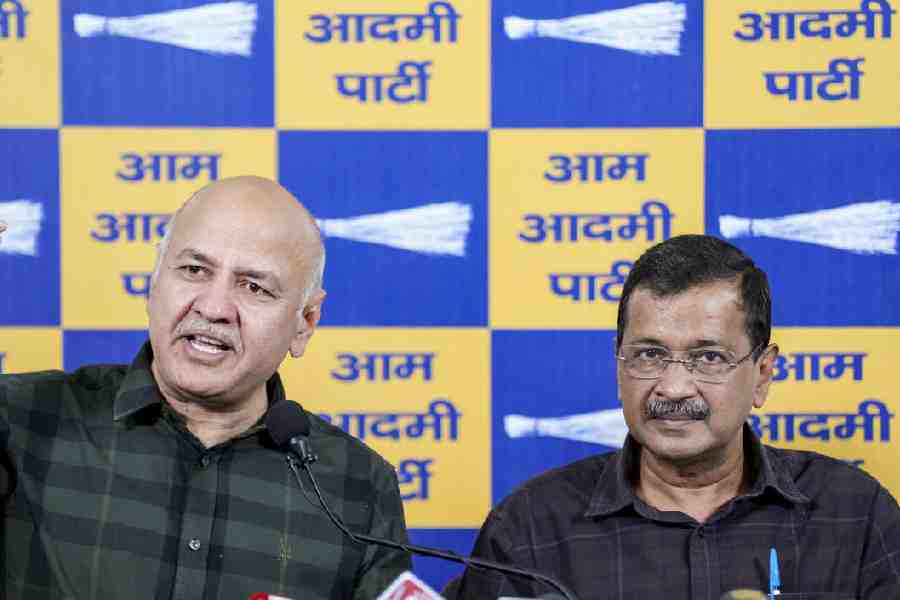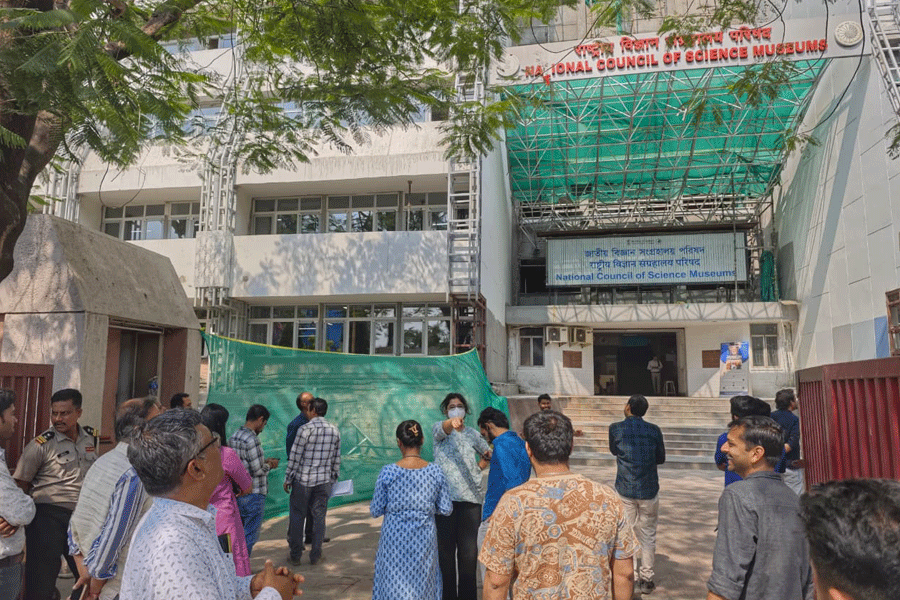 |
Calcutta, July 24: Next time a credit card and an activation bill reaches your home without your explicit consent, the bank will have to pay you a penalty for harassment.
The penalty is among a series of steps, including a suggestion for a ceiling on interest rate on personal loans, announced by the RBI to tighten the leash on credit card issuers in the wake of a sharp rise in complaints.
“In case an unsolicited card is issued and activated without the consent of the recipient and the latter is billed for the same, the card-issuing bank shall not only reverse the charges forthwith, but also pay a penalty without demur to the recipient amounting to twice the value of the charges reversed,” an RBI circular said.
In order to increase their loan portfolios, several banks have been sending unsolicited credit cards to their customers — both depositors and borrowers.
The following month, the unsuspecting recipient is slapped a bill riddled with joining fee, annual fee, card activation fee and insurance fee. Non-payment or delayed payment draws penal interest, and the amount balloons further.
The annual fee varies from zero (for free credit cards) to Rs 3,000, depending on the card and the bank, while the penal interest rate ranges between 30 per cent and 50 per cent on the outstanding amount.
Many recipients of unsolicited cards usually pay up, either out of fear of harassment or reluctance to go through the hassle of challenging the bank.
Seeking to plug such lacunae, the RBI has said banks must “scrupulously adhere” to the guidelines.
The RBI has also taken note of increasing complaints that late fee has to be coughed up even if the monthly statement reaches the cardholder after the due date. Allegations have been levelled that some banks were deliberately using this tactic to earn extra income.
Issuer banks now have “to receive customers’ acknowledgement for receipt of the monthly credit card statement to ensure there is no delay in dispatching the bills and cardholders have at least a fortnight for making payment before the interest starts getting charged”, according to the RBI circular.
Banks will also have to send bills promptly. There have been instances where banks had issued credit card bills and demanded payment for transactions or dues that were a few years old.
The RBI has advised banks to prescribe a ceiling on interest rate and processing and other charges for small-value personal loans, including credit card loans.
In May, the apex bank issued a circular stating that interest rates were deregulated and credit cards and personal loans, falling in the non-priority segment, could charge a higher interest rate. However, the RBI has now noted that “rates of interest beyond a certain level may be seen to be usurious and can neither be sustainable nor be conforming to normal banking practices”.
The apex bank added: “The total cost to the borrowers, including interest and all other charges levied on a loan, should be justified having regard to the total cost incurred by a bank in extending the loan and the extent of return that could be reasonably expected from the transaction.”
It advised banks to fix an appropriate ceiling on interest rates and publicise it by August. Credit card issuers now charge interest rates of up to 45.5 per cent.
Another complaint the apex bank has addressed is rejection of applications for cards and loans. In case of a rejection, banks will have to convey the applicant in writing the main reason(s) for turning down the application. Some banks have an unofficial policy of not giving loans and cards to certain segments like police, lawyers and journalists.
If your credit card issuer is charging you a premium for extending personal accident or disablement insurance cover, ask for a letter from the bank mentioning the name, address and telephone numbers of the insurance company that will handle the claims.
Banks offering insurance to cardholders will have to obtain in writing from the subscriber the details of the claims nominee.










